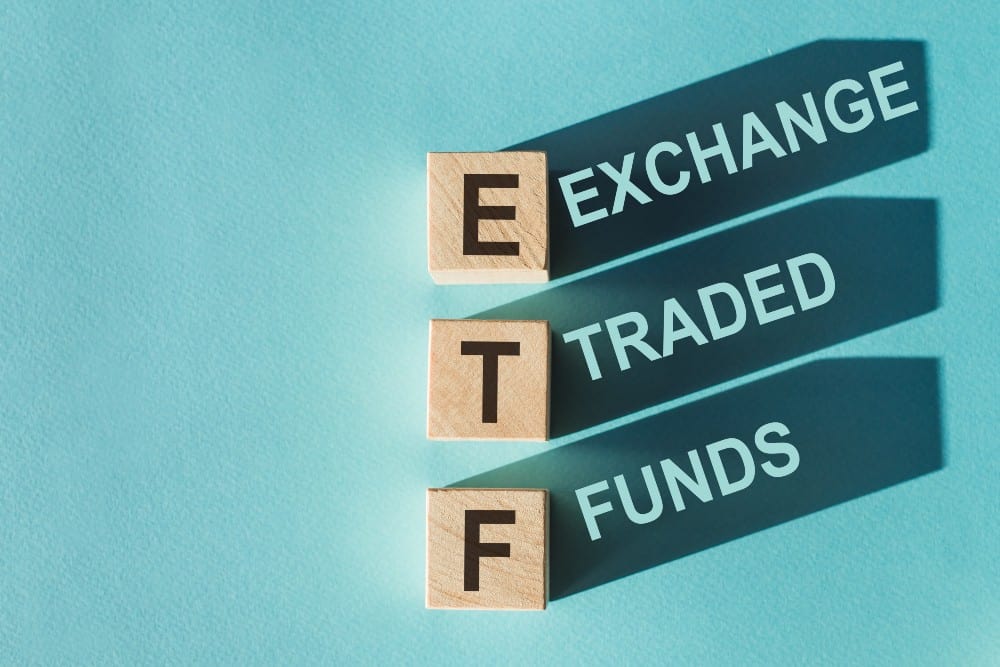Interest rates are like the weather: unpredictable, subject to change, and beyond our control. But just as we can dress appropriately for a rainy day, we can also take measures against the shifting winds of interest rates.
On July 12th, the Bank of Canada made waves by increasing its target for the overnight rate to 5%, with the Bank Rate at 5.25% and the deposit rate at 5%. This comes after a series of previous hikes intended to cool inflation, which has been running high over the last year.
What does this complex landscape mean for you as an investor, saver, or borrower? How can you navigate these turbulent economic seas? The storm of interest rates might be beyond our control, but our response doesn’t have to be.
Today, I’ll explore recent interest rate changes, break down their potential impacts, and offer practical insights on what you can control and how to make these financial currents work in your favour.
The Why and How of Interest Rates
The Bank of Canada uses interest rates as a tool to guide the Canadian economy, much like the steering wheel of a car.
By adjusting these rates, they aim to control inflation, stimulate or slow down economic growth, stabilize financial markets, influence the value of the Canadian dollar, and respond to global economic changes.
When inflation seems to be getting too high, the Bank might raise interest rates, making borrowing more expensive and saving more appealing. This can cool down spending and investment, slowing inflation, as we’ve seen with the recent increase to a 5% overnight rate.
If the economy needs a boost, the Bank could also lower rates, making borrowing cheaper to encourage spending. Conversely, the recent hike in rates shows the Bank’s intention to rein in some of the inflationary pressures.
The latest rate changes are an example of how the Bank tries to balance all these factors to steer the Canadian economy in the direction it believes is best. It’s a complex task, but understanding the basics helps us see how these decisions might affect our personal finances and investment strategies.
What It Means for Savers, Borrowers, and Investors
The recent hike in interest rates to 5% means that saving money in interest-bearing accounts might become more appealing. With higher rates, savings accounts and GICs will typically offer better returns. For those looking to build an emergency fund, this could be good news.
On the flip side, higher interest rates make borrowing more expensive. Whether it’s a mortgage or car loan, borrowers may find that their interest costs go up. Those considering taking out new loans might face steeper monthly payments, while existing variable-rate borrowers might also see their costs rise.
Investors face a mixed bag with higher interest rates. Bonds and other fixed-income investments may decline in value, while the potential for better returns on savings might lure some away from riskier investments like stocks.
What You Can Do
The best response to the change in interest rates depends greatly on your personal financial goals, time horizon, and risk tolerance.
If you’re investing for the long term and can weather some risk, the best course of action might be to simply do nothing.
Interest rate changes are just one of many factors that can affect the market in the short term, but over a long time horizon, these blips often smooth out. Staying the course with a diversified portfolio can be wise.
A great example might be the iShares Core Equity ETF Portfolio (TSX:XEQT), which offers exposure to over 9,000 global stocks at an affordable 0.20% expense ratio.
If your goals are more immediate and you’re looking for low-risk options, the rise in interest rates could make certain savings products more appealing.
Consider something like the Horizons High Interest Savings ETF (TSX:CASH), which currently pays a 5.4% gross yield that moves in lockstep with rising interest rates.
This ETF can be a safer choice if you’re saving for a specific short-term goal like a down payment on a home and want to eliminate volatility.









